On the tail end of the 75th anniversary of the Nakba, I offer this reading list, which spans different Palestinian experiences, voices, and forms. Nakba, which means “catastrophe” in Arabic, refers to the mass ethnic cleansing of Palestine and destruction of over 500 Palestinian villages by Zionist forces in 1948 to make way for the establishment of Israel. The Nakba wasn’t a single historical event – it’s an ongoing process by which Israel aims to silence, eliminate, erase, and otherwise dominate every aspect of Palestinian life and land.
Writing from unsurrendered Algonquin Anishinabe land in the city colonized as Ottawa, I know that Indigenous struggles are connected, and dismantling Israeli apartheid and colonialism requires fighting for decolonization on these lands, too. Canada’s unwavering support for Israel is a testament to the shared values of these settler-colonial states, and just as they work to uphold one another’s apartheid rule, we must understand that our liberation is tied together. 105 years after the start of the British mandate in Palestine and 75 years since the Nakba, Palestinians will continue to resist to their last breath, just as Indigenous peoples across the Americas have for over 500 years.
“Palestine sine tempore?” (2018)
In this article, Yara Hawari writes about resistance through remembering. Colonizers have used the concepts of terra nullius (empty land) and terra sine tempore (timeless land) to dominate Indigenous space and time around the world. Hawari investigates the temporality of settler colonialism, revealing how denial of Palestinian history, present, and futures traps us in a constant state of colonization.
Palestinians often call this present-day subjugation “al-nakba mustamirra,” or “the ongoing Nakba.” Hawari explains the significance of the Palestinian ethnic cleansing in 1948 in connecting all Palestinians to one another and demarcating the moment that “Palestine and her people were removed from the map and from global consciousness.” Importantly, she also looks at how Palestinians resist Israeli settler colonialism every day through collective memories and cross-generational storytelling.
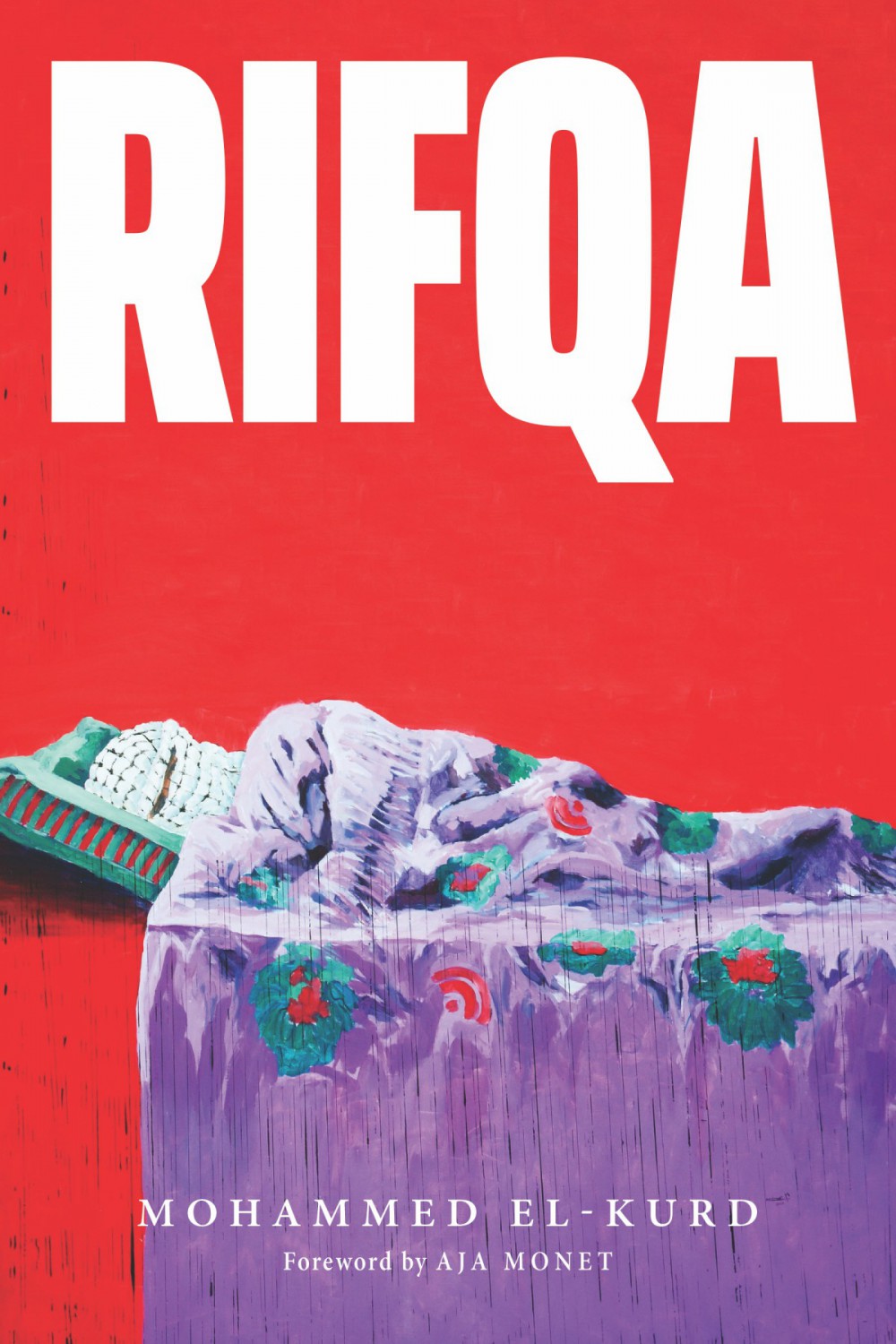
Rifqa (2021)
Mohammed El-Kurd’s poetry book Rifqa, named after his late grandmother, is an equally ethereal and razor-sharp collection of stories on Palestinian refusal, longing, and rage. Like the other authors and speakers in this reading list, El-Kurd’s words are enriched by personal experience and informed by his involvement in struggles on the ground.
El-Kurd recalls moments in Palestinian history and accompanies them with rich, visceral imagery: “drink the sea / cut off your ears,” “They will imagine a rifle on my tongue / and fix themselves fetuses in the corners.” Other imagery evokes the animal world: “I’ll walk in the crevices / of crows conversing,” “keeping a dozen dead horses under my bed,” “Tigers astray / hyenas in military wear.” For Palestinian youth the world over, El-Kurd voices a refusal to engage with the colonial narrative that marks most conversation on Palestine.
Even his more personal accounts evoke a sense of collective representation, as if El-Kurd has been able to describe a feeling stuck at the tip of my tongue. At the same time, he rejects rigid representations of the Palestinian experience, not claiming to capture anything in its entirety: “What I write is an almost. I write an attempt.”
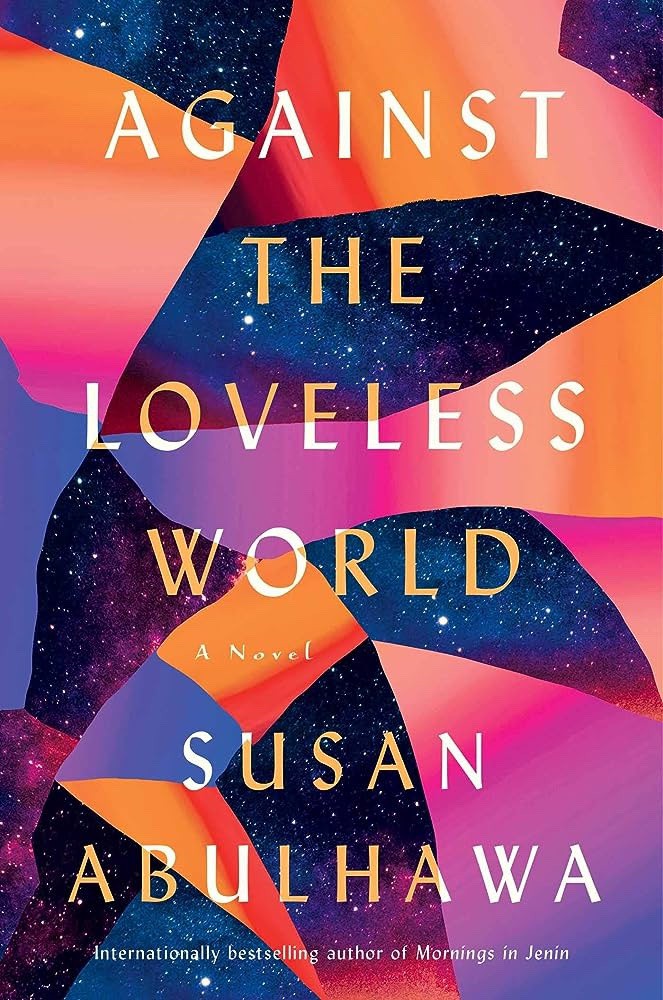
Against the Loveless World (2021)
Against the Loveless World by Susan Abulhawa is a tale of displacement, rebellion, labour, and love. The protagonist, Nahr, tells her story from inside the “Cube,” an Israeli prison cell where she is held in solitary confinement. She doesn’t know how many years she has been in the Cube, and Nahr spends her days revisiting her past, dancing, or in the shower she’s affectionately named “Attar.”
Nahr’s is the story of a refugee, a sex worker, and a liberation fighter. Her defiant nature unfolds into a radical consciousness against a historical backdrop that includes the 1990 Iraqi invasion of Kuwait, the 1993 signing of the Oslo Accords, and the first and second intifadas. From inside the Cube, Nahr’s life reveals the fundamental connections between national struggle and the fight against patriarchal power.
“Sustainable Farming Practices Within Palestine,” Palestine IN-BETWEEN (2021)
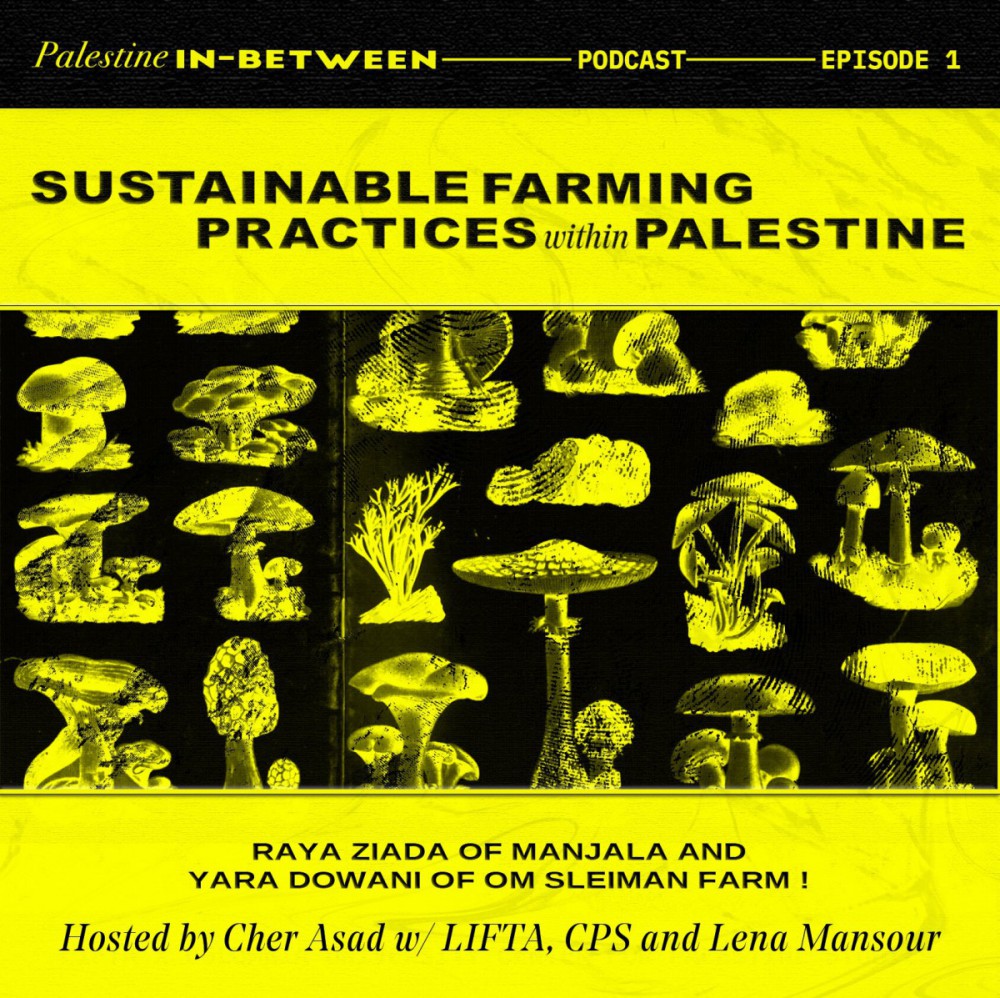
Dowani explains how Om Sleiman, the first Palestinian community-supported farm, was founded on “liberated land” in the village of Bil’in. After Israel declared that it would build the apartheid wall through the village, annexing 60 per cent of the land, protests erupted, forcing Israel to reroute the wall. The Om Sleiman farm sits on the land that was won back, and it overlooks the nearby concrete wall and illegal Jewish-only settlements. In her interview, Dowani talks about using the farm as an educational and cultural hub for sustainable farming and growing endangered plants as a path to food sovereignty.
“In Israel and Palestine, a New Wave of Repression Meets an Upsurge in Resistance,” (2023)
Khalida Jarrar is a Palestinian parliamentarian, feminist, and frequent prisoner – she’s been arrested by the Israeli regime four times and has spent over 63 combined months in prison, often without a charge or trial. In this interview, Jarrar speaks about the organizing happening behind bars and how freeing prisoners is central to Palestinian liberation. She also speaks about Israeli invasions, home demolitions, killings, and settler attacks throughout 2023, along with the growing resistance of young Palestinians from across political parties.
Jarrar addresses internal struggles like the Palestinian Authority’s neoliberalism, the lack of elections, and the rise of a class not interested in challenging the status quo. Yet the recent upsurge in resistance from groups like the Lion’s Den reveals that even if the Palestinian political leadership is divided, the people are unified in their refusal to be subjugated by Israeli apartheid. The Israeli occupation kills not just lives but hope for a future, says Jarrar. Though we have few resources with which to resist the Israeli regime, there is always a strong spirit of refusal among Palestinians.


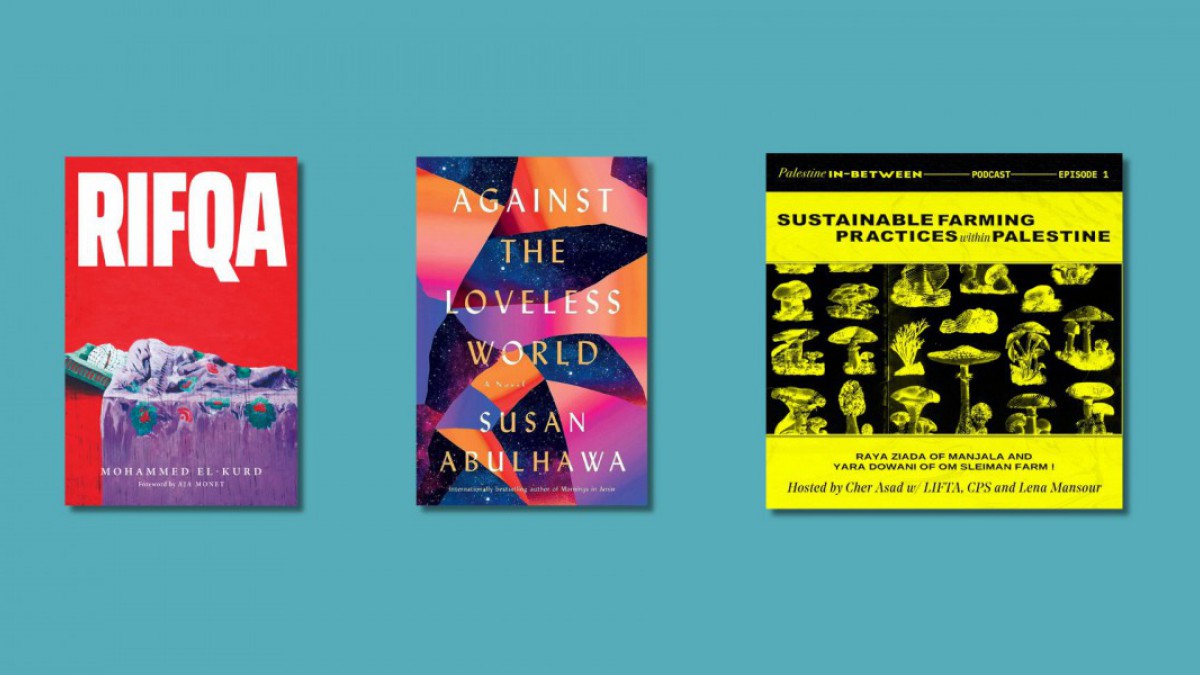
_780_520_s_c1.png)
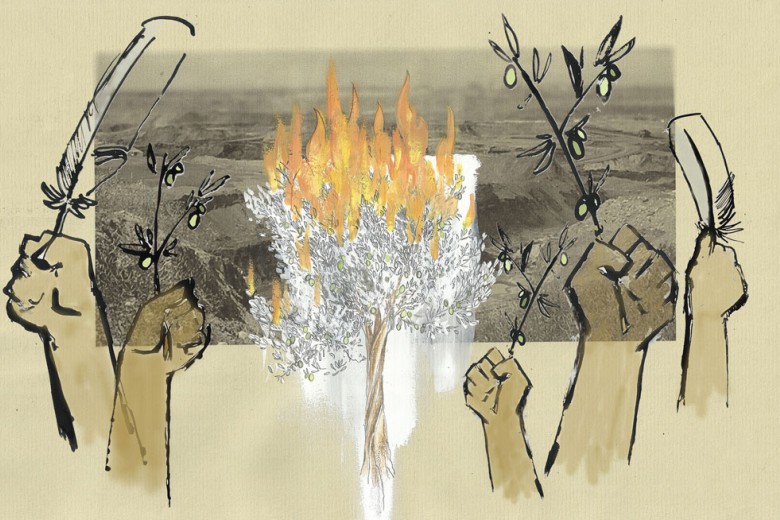
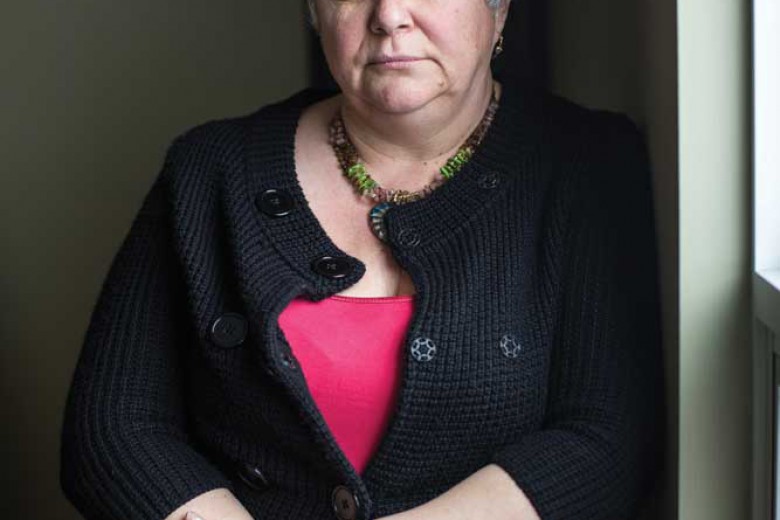
_780_520_90_s_c1.jpg)
